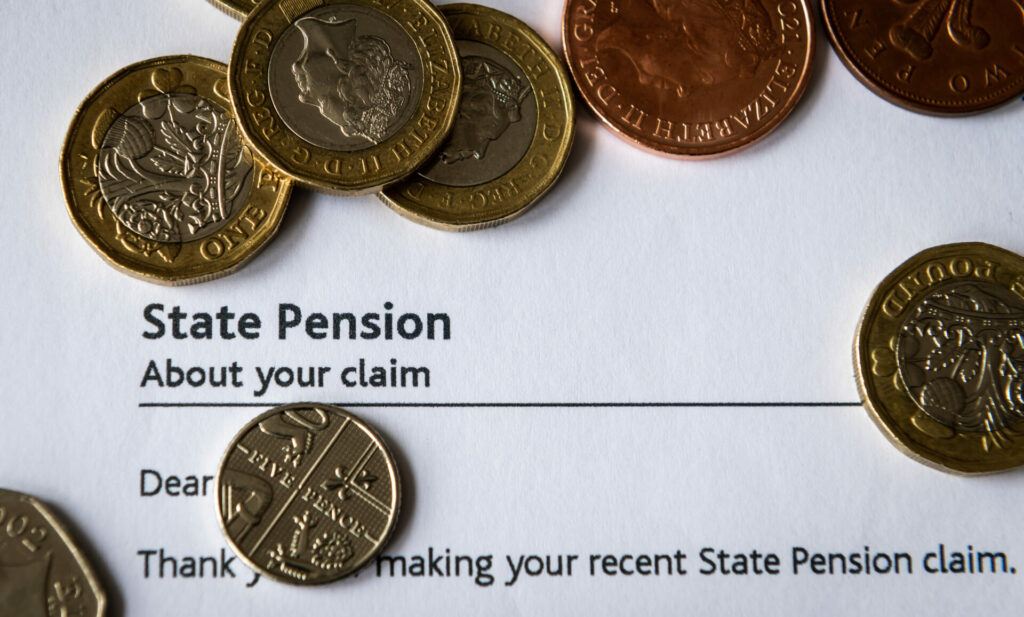While workplace socials remain a central feature of company culture, many employees feel pressure to attend and prefer more inclusive formats, research from Capital on Tap revealed.
The survey of 2,000 UK workers examined attitudes toward social events and regional differences in participation.
Employees in southern cities attend the most workplace socials, with Southampton leading at an average of 4.6 events per year, followed by Bristol at 4.1 and Plymouth at 3.6.
London-based employees attend an average of 3.4 events annually.
Lower attendance was recorded in Liverpool at 1.4, Glasgow at 2.3 and Brighton at 2.4, suggesting that smaller or more dispersed teams have fewer social interactions outside core working hours.
The findings indicated a growing divide between those who see value in socials and those who feel uncomfortable about attending.
Nearly half of employees say socials contribute to a positive workplace culture, and more than half believe these events help them connect with colleagues they would not normally work with.
However, 35.6% of workers said they feel pressured to attend, and 34.2% worried they will be judged if they choose not to.
This sense of pressure is particularly acute among Gen Z employees, with 37.7% concerned about judgement compared with 30.5% of Baby Boomers.
Christmas parties remained the most popular type of workplace social, preferred by almost one in three employees.
However, the data highlighted a shift toward smaller, lower-pressure gatherings, such as coffee catch-ups, lunches, daytime events and family-friendly activities.
These formats are increasingly valued for being more inclusive and better aligned with changing work-life expectations.
Alex Miles, chief operating officer at Capital on Tap, said: “Plan company socials with purpose and people in mind. Focus budgets on what teams value most – inclusive, balanced activities like daytime or family-friendly events that boost engagement without high costs.
“Keep finances transparent by using a business credit card to track spending, stay VAT-compliant, and earn rewards to reinvest in future perks, while monitoring costs within HMRC’s £150 allowance.
“Finally, redefine rewards by blending low-cost experiences with meaningful benefits, such as wellbeing vouchers or extra leave, supported by clear and inclusive policies.
“Company celebrations should focus on connection, not extravagance.”

















